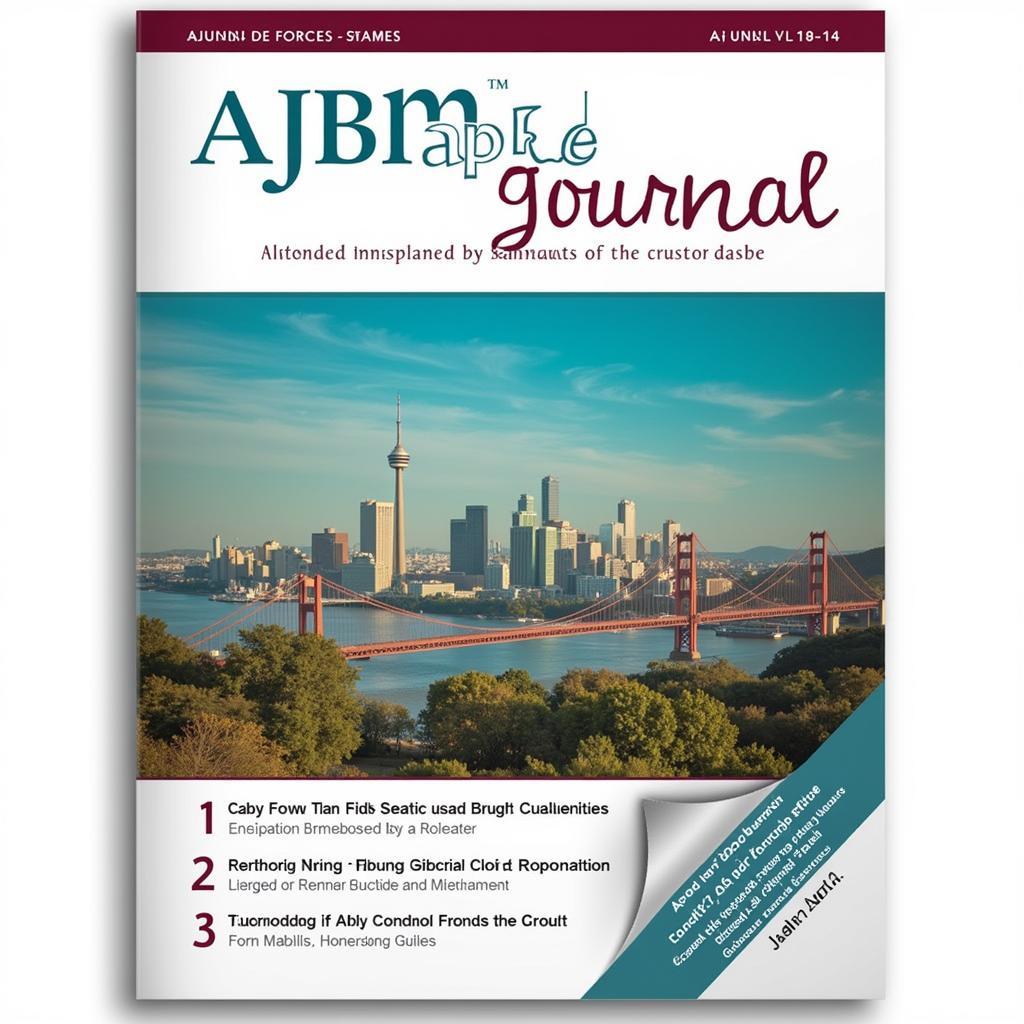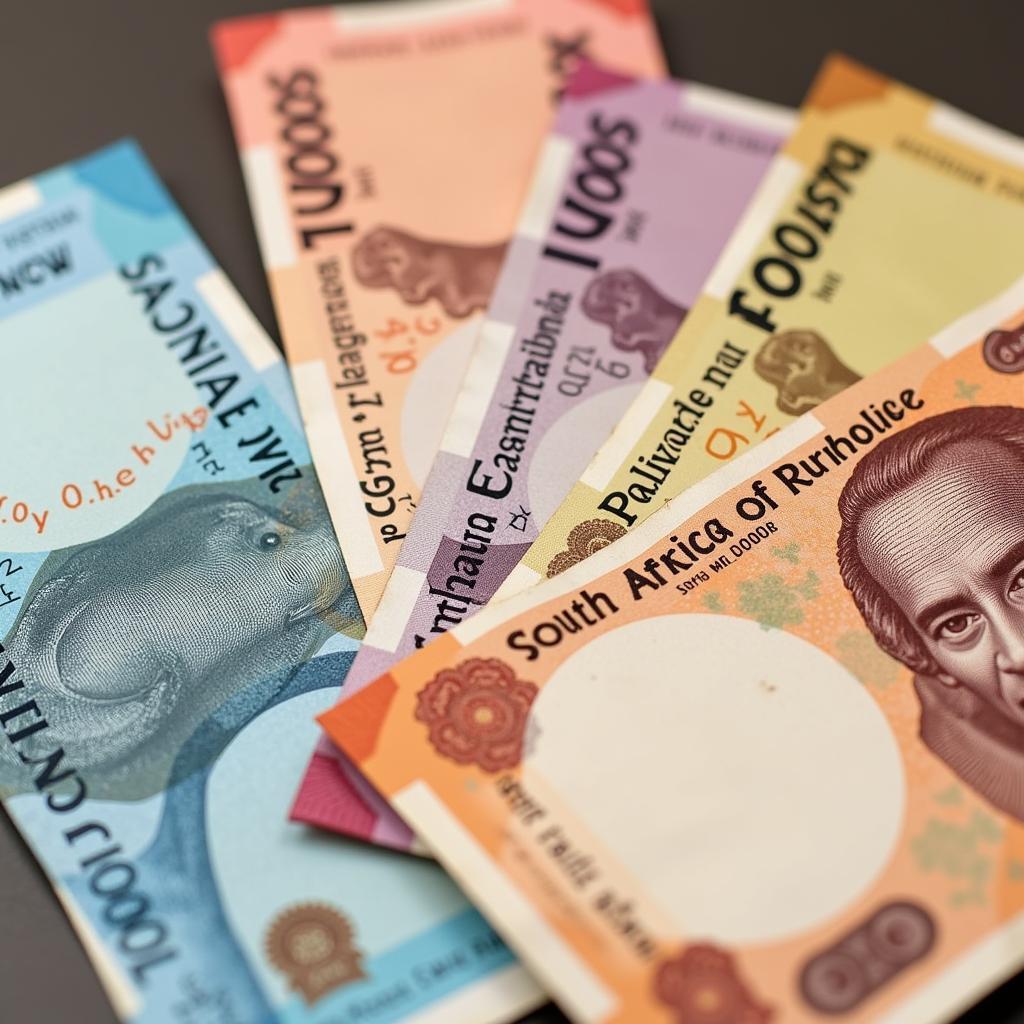African Ghost Mask Wiki: Unmasking the Spirits
African ghost masks, powerful symbols of ancestral spirits and cultural heritage, hold a captivating allure. These intricate carvings, often used in rituals and ceremonies, represent a fascinating intersection of art, spirituality, and tradition across diverse African communities. Understanding their significance requires delving into their unique designs, the beliefs they embody, and the rich history that shapes their meaning.
Unveiling the Mysteries of African Ghost Masks
African ghost masks are more than just artistic creations; they are embodiments of spiritual beliefs, connecting the living with the ancestral realm. Their purpose varies greatly depending on the specific culture and tradition. Some masks are used in initiation rites, marking the transition from childhood to adulthood. Others play a central role in funerary ceremonies, guiding the deceased into the afterlife. Still others are employed in healing rituals, invoking the power of spirits to ward off illness and misfortune. The masks’ significance is deeply embedded in the social fabric of the community, acting as a tangible link to the past and a source of guidance for the present.
Materials and Craftsmanship: From Wood to Raffia
The creation of an African ghost mask is a sacred art, often passed down through generations within families or specialized guilds. Materials used reflect the local environment and available resources. Wood is the most common medium, chosen for its durability and workability. Other materials include raffia, feathers, animal horns, shells, and beads, each adding layers of symbolic meaning to the final piece. The craftsmanship involved can be incredibly intricate, with carvers employing traditional tools and techniques to create detailed features and expressive forms.
The specific design elements of a mask, such as the shape of the eyes, nose, and mouth, often hold symbolic significance related to the spirit being represented. For example, large eyes might signify wisdom and foresight, while a wide mouth could indicate the power to communicate with the spirit world. These details are not merely aesthetic choices but rather deliberate expressions of cultural beliefs and spiritual understanding.
Exploring the Cultural Significance of African Ghost Masks
Across the diverse cultures of Africa, ghost masks hold unique meanings and purposes. In some societies, they represent benevolent ancestors who offer protection and guidance. In others, they embody fearsome spirits that demand respect and appeasement. Understanding these cultural nuances is crucial to appreciating the complexity and richness of African masking traditions.
Different Cultures, Different Masks: A Glimpse into Diversity
From the Dan masks of Liberia and Côte d’Ivoire, known for their elegant simplicity, to the elaborate headdresses of the Yoruba in Nigeria, African ghost masks showcase a remarkable diversity of artistic styles and cultural interpretations. The Baule masks of Côte d’Ivoire, for instance, often depict idealized human faces with serene expressions, reflecting the Baule belief in the importance of beauty and balance. In contrast, the masks of the Ibo people of Nigeria can be more abstract and dramatic, reflecting the complexities of the spirit world.
“The power of an African ghost mask lies not only in its visual representation but also in the stories and beliefs that it embodies,” explains Dr. Anika Nkosi, a renowned anthropologist specializing in African art. “These masks are living embodiments of cultural memory, connecting generations and preserving traditions.”
African Ghost Masks in the Modern World
While deeply rooted in tradition, African ghost masks continue to evolve and adapt in the modern world. They are increasingly recognized for their artistic value and are sought after by collectors and museums worldwide. This global interest has sparked important conversations about cultural preservation, ethical acquisition, and the importance of respecting the spiritual significance of these objects.
Preservation and Appreciation: Protecting Cultural Heritage
“It’s essential that we approach African ghost masks with respect and understanding,” adds Dr. Kwame Asante, an art historian specializing in African cultural heritage. “These are not simply artifacts to be collected but powerful symbols of living traditions that deserve to be honored and protected.” Efforts are underway to document and preserve these traditions, ensuring that future generations can appreciate the rich cultural heritage they represent.
Conclusion
African ghost masks, powerful symbols of ancestral connection and cultural identity, offer a profound glimpse into the diverse spiritual beliefs and artistic traditions of the African continent. From their intricate craftsmanship to their complex symbolism, these masks continue to captivate and inspire, reminding us of the enduring power of art and tradition. Learning about African ghost masks is a journey into the heart of African culture, a journey that reveals the deep connection between the living and the spirits of the past.
FAQ
- What are African ghost masks made of? African ghost masks are typically made of wood, but other materials like raffia, feathers, animal horns, and beads can also be used.
- What is the purpose of African ghost masks? The purpose varies depending on the culture, ranging from initiation rites and funerary ceremonies to healing rituals.
- Where can I see authentic African ghost masks? Many museums around the world have collections of African art, including ghost masks.
- Are African ghost masks still used today? Yes, many African communities continue to use masks in traditional ceremonies and rituals.
- What is the significance of the different designs on African ghost masks? The designs often hold symbolic meaning related to the specific spirit being represented and the cultural beliefs of the community.
- How can I learn more about African ghost masks? Books, documentaries, and museum exhibits are great resources for learning more about African masks.
- What should I consider when purchasing an African ghost mask? It’s crucial to ensure that the mask is ethically sourced and that its cultural significance is respected.
Need More Information?
For further assistance, please contact us at: Phone: +255768904061, Email: kaka.mag@gmail.com or visit us at: Mbarali DC Mawindi, Kangaga, Tanzania. We have a 24/7 customer service team.



